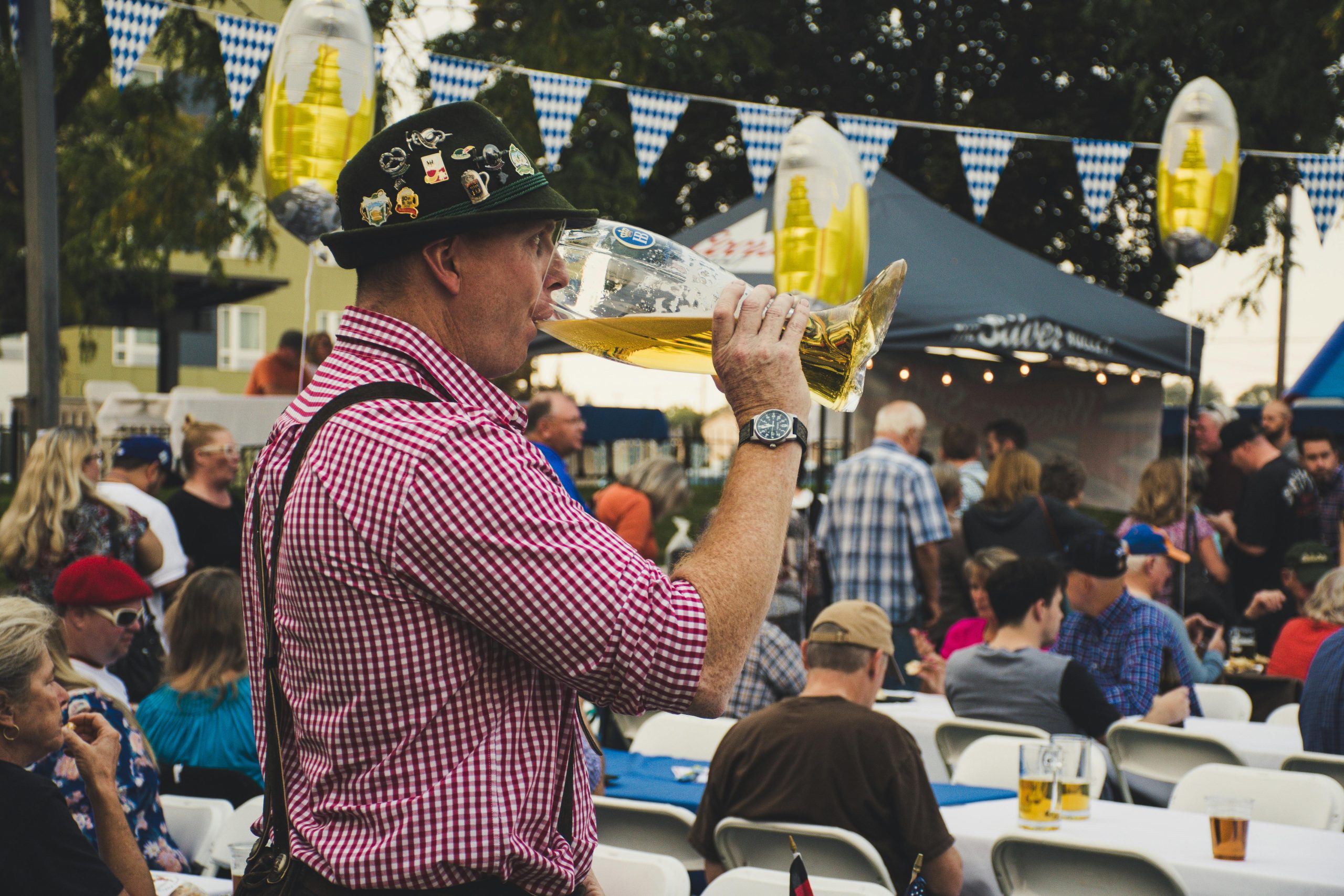Your cart is currently empty!

Steven Coulson
Steven has been drinking beers, wines and spirits for decades and has a propensity to go about them at length after a few drinks.
Latest Posts
- My wife found out our favorite Gin for martinis was discontinued. I think we are good for a while…

- Oregon Road Trip: Freeland Spirits Garden Botanicals Gin

- Botanist with Trader Joe’s Lemon and Elderflower Soda

- I’m one of the worlds leading buyers of craft gin in the world and a international spirit judge AMA

- I’m blown away…. By how let down I am by this Gin.

Categories
Tags
Social Links

Exploring the Psychoactive Qualities of Hops: A Unique Perspective on IPAs
When it comes to enjoying our favorite craft beers, the conversation around hops often leans towards their bitterness and aroma. However, I firmly believe there’s more to hops than meets the eye, particularly when considering their potential psychoactive effects. Allow me to share my personal journey and observations on the matter.
A while back, I posted about my affinity for India Pale Ales (IPAs) that possess high International Bitterness Units (IBUs). I found that these hoppy brews resonate with me in a way that more traditionally hopped beers do not. The feedback I received was an interesting mix—some enthusiasts echoed my sentiments, while others attributed my experience to the higher alcohol content present in these beers.
Determined to delve deeper into this phenomenon, I’ve conducted some informal testing. For instance, I’ve noticed that “Cold” IPAs typically feature a reduced hop profile but maintain alcohol by volume (ABV) levels comparable to many West Coast IPAs. On the contrary, Imperial IPAs pack an impressive ABV, often seemingly without justification, yet they too lack a significant hop presence for my taste. My ultimate satisfaction still comes from that finely balanced, hoppy West Coast IPA with a relatively lower ABV.
To articulate the experience, the effects I derive from hop-laden beers differ markedly from the typical alcohol buzz. This lends me to question: could hops have a psychoactive component? Just pondering possibilities here—perhaps the fermentation process enhances their bioavailability, thereby allowing them to interact with the alcohol in a way that generates heightened effects. Or maybe alcohol’s role facilitates the absorption of certain compounds in hops, ultimately aiding their passage across the blood-brain barrier.
Let’s clarify: my experience is not akin to a hops sensitivity. I encounter none of the adverse effects associated with such a condition—no itching, hives, or discomfort, just a sense of euphoria that leaves me energized and mentally awakened.
This leads me to question a broader aspect of beer culture: What is it about hops that has led to their prevalence in brewing history? Once upon a time, beer did not contain hops, yet the moment they were introduced, they became an industry standard. This widespread acceptance suggests there must be compelling reasons behind it.
In short, the exploration of hops goes beyond taste and bitterness; it opens up fascinating discussions about their potential psychoactive effects and their long-standing role in beer. As I continue to navigate
